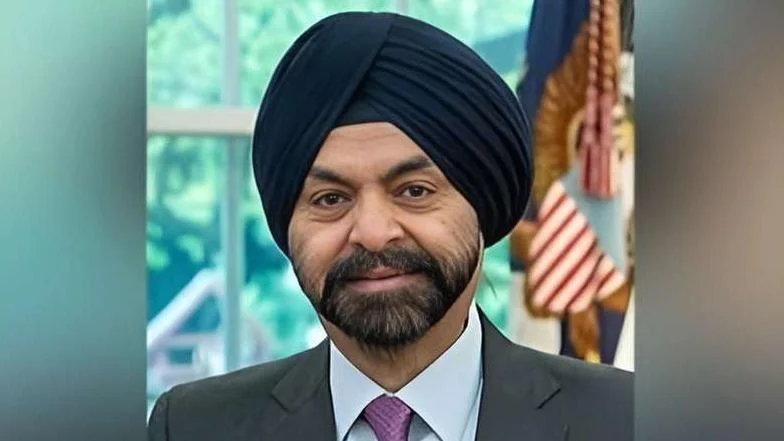Haiti is in the midst of facing significant political and security challenges. In response, a Rapid Crisis Impact Assessment (RCIA) was conducted and published in late 2024 recommending measures to tackle the ongoing crisis. In April, at the World Bank/IMF Spring Meetings, a donor roundtable discussed the programmatic priorities necessary for Haiti's recovery, offering a platform for reviewing an updated RCIA Investment Plan.
World Bank Vice President for Latin America and the Caribbean, Carlos Felipe Jaramillo, stressed the importance of support for Haiti, stating, “Exacerbating violence threatens to reverse the progress made by the Haitian Government over the past months… Haiti today, more than ever, needs concerted support to emerge stronger from this crisis.”
Haitian Prime Minister Alix Didier Fils-Aimé highlighted the government's focus on economic recovery and security, stating that the roundtable event was crucial for conveying strategic priorities to partners. He emphasized the importance of the RCIA Investment Plan, remarking “The Investment Plan is not limited to a series of projects to be financed. It reflects the Haitian government’s vision of a recovery based on social justice, human security and economic development.” The plan identified investment needs totaling $644 million, with $209 million already secured from international partners, leaving a gap of $364 million.
Technical discussions facilitated by the UN and the World Bank centered on donor coordination and the updated Rapid Crisis Impact Assessment Investment Plan. Anne-Lucie Lefebvre, World Bank Country Manager for Haiti, emphasized the importance of safeguarding government institutions to ensure service delivery and support economic recovery.
The Inter-American Development Bank coordinated a panel on the medium-term recovery and development plan. Key figures included Prime Minister Alix Didier Fils-Aimé, several Haitian ministers, and international partners such as Ilan Goldfajn of IDB, Carlos Felipe Jaramillo of the World Bank, and others from the UN and IMF.
Civil society participants stressed the role of technology and inclusivity in Haiti's recovery strategy. Marc Alain Boucicault of BANJinnovation agency stated, “We participated in the Haiti Donor Roundtable sessions and insisted on focusing more on the power of technology, women and the digital economy as part of the solution for economic recovery for Haiti.”

